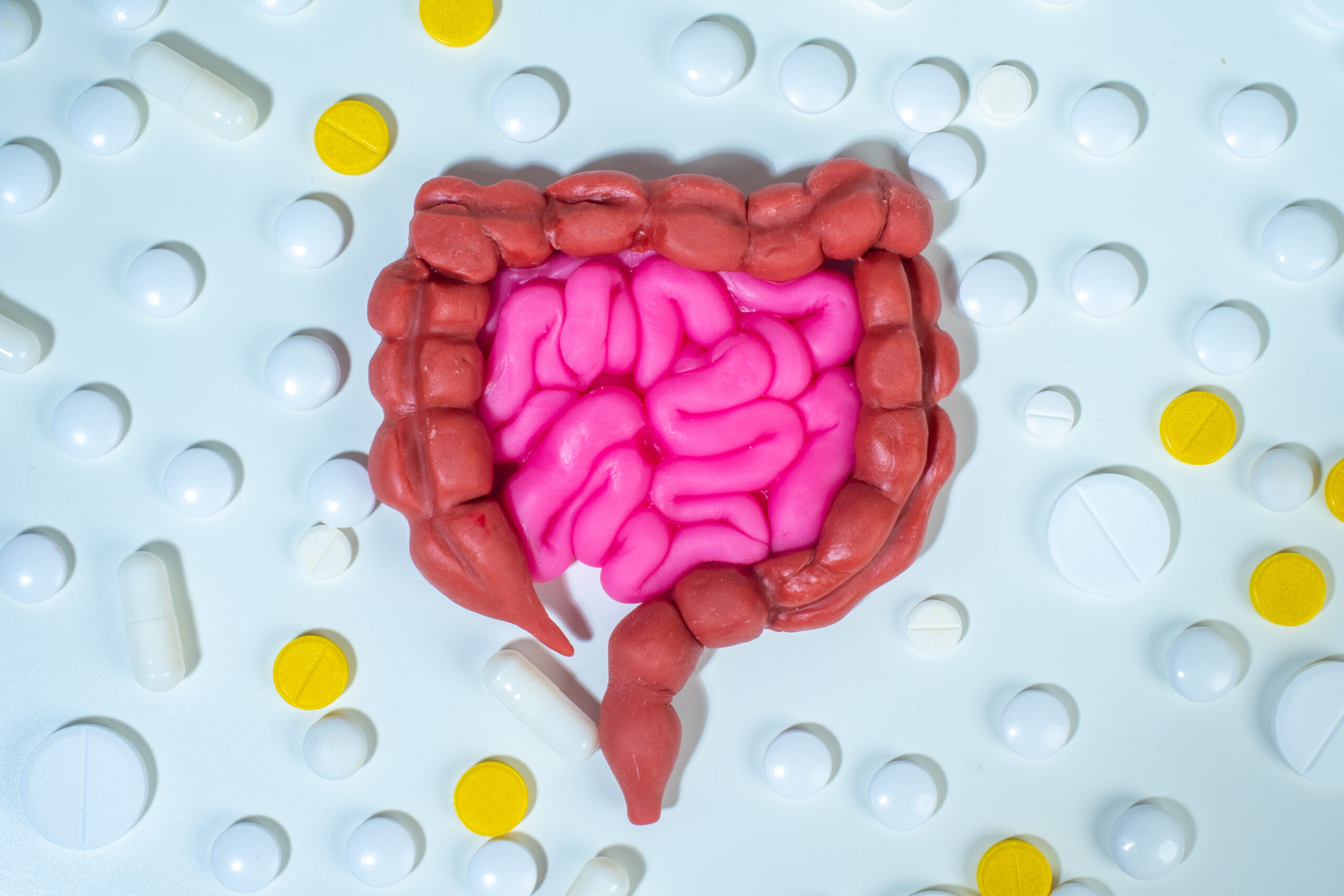Gut inflammation caused by substance secreted by microbe: NUS study
Published: 29 Sep 2023

The human gut—or gastrointestinal system—where food is broken down into nutrients for the body, is an ecosystem that harbours thousands of bacteria species. Blastocystis, the world’s most common protist – a form of unicellular microscopic organism — in the gut, is made up of many sub-species, known as subtypes. Depending on the subtype (ST) of Blastocystis that is present in a person, it can lead to a healthy gut in some individuals, and gut problems in others.
In Singapore, a rare subtype, Blastocystis ST7, is commonly found in patients with diarrhoea. This observation, along with other supporting studies, suggests that Blastocystis ST7 causes gut disease in humans. However, the detailed way it causes disease has been a mystery.
To find out how Blastocystis ST7 causes gut disease, a team of researchers led by Professor Nicholas Gascoigne, Department of Microbiology and Immunology at the Yong Loo Lin School of Medicine, National University of Singapore (NUS Medicine), and Associate Professor Kevin Tan, from the same department, investigated the biology of Blastocystis ST7 at the molecular level. This work is published in The EMBO Journal.
The study conducted by Dr Lukasz Wojciech, first author of the paper and Senior Research Fellow from the Department of Microbiology and Immunology at NUS Medicine, revealed that gut disease is caused by Blastocystis ST7, which synthesizes a substance during its metabolism, called indole-3-acetyldehyde (I3AA).
“I3AA is produced in very few organisms. It binds to immune cells in the gut, which reduces the gut’s tolerance for gut bacteria, causing the immune system to flare up even when exposed to normal gut bacteria. I3AA also promotes gut inflammation by inhibiting the protective properties of an important class of immune cells (regulatory T cells), while stimulating inflammation through another class of immune cells (T helper 17 cells) in the gut,” said Dr Wojciech.
“From a biological perspective, this is the first time that a rare metabolite, I3AA, has been studied in detail, and is shown to promote inflammation,” said A/Prof Tan.
The researchers also found that some bacteria are useful in negating the effects of I3AA in the gut. One of them is a probiotic group known as lactobacillus—commonly found in foods like yoghurt, cottage cheese, sourdough bread, and more. It is able to regulate immunity and aid with gastrointestinal diseases, and thus, can be a way to potentially cure patients from Blastocystis ST7-associated diarrhoea.
Read more in the press release here.

